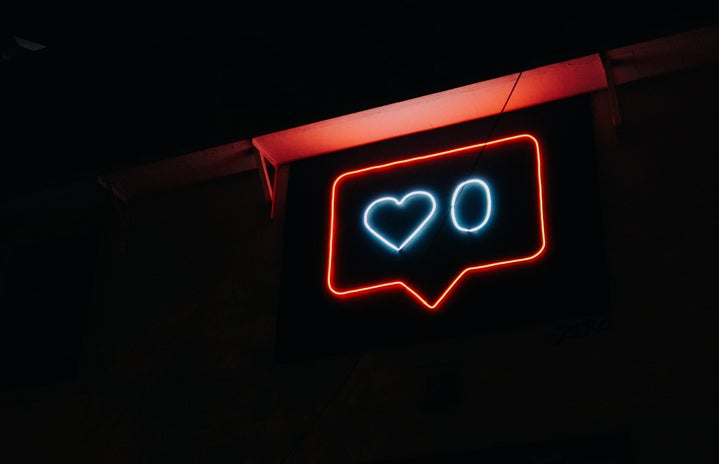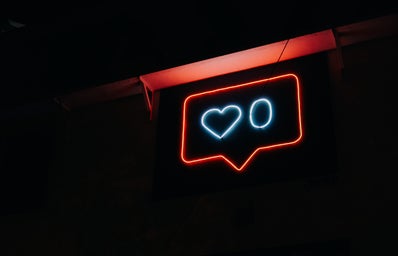Currently, I find myself attempting to analyze and criticize the fallacies of the meme phenomenon while simultaneously getting distracted by the constant Instagram and Facebook feed of memes themselves. I can’t ignore the steady flow of consistently new, witty, and relatable memes pouring out of every social media platform. I can’t deny the affinity Millennials have toward memes. They’re a perfect collaboration of self-deprecation and humour, which our generation feeds off of. Only recently has the truth of our society been so explicitly revealed on every media platform, and memes provide an ideal avenue to expose this truth. A few of my favourites can be seen below (primarily brought to you by Rihanna):
However, it is easy to let the stream of hundreds of tasteful, accurate, hysterical and perhaps politically correct memes overshadow the sporadic flawed ones. This is where I find issue with meme culture. I find it difficult to dismiss the offensive, offside aspect of memes that go unacknowledged daily due to the large number of memes shared daily. Some of you will deem this as an overreaction, and disregard the distasteful memes since, after all, it’s just social media. This is my point exactly. Social media outlets such as Instagram, Snapchat, Twitter and Facebook are now the most pervasive, influential digital avenues today. They influence all generations and reach all borders of the globe. The scope of meme culture is beyond any other 21st-century cyber trend. This is why it is important to recognize oppressive, discriminatory behaviour within the phenomenon. I understand that it is an unofficial, illegitimate movement, but over time the meme phenomenon has infiltrated various aspects of daily life such as politics, fashion, sports, global affairs, and conflict. The range of influence is gradually legitimizing the meme movement, making it essential to prohibit the perpetual distribution of offensive memes.
Using “offensive” memes as an umbrella term can be perceived as slightly vague and perhaps a weak argument with little criteria to distinguish a belligerent meme from an acceptable one. To elaborate, I am talking about racist, sexist, classist, homophobic and hyper-sexualized tendencies conveyed through certain meme accounts. For the purpose of my critique of the meme movement, I will focus on how women are dehumanized within these posts. The following list of popular, well-liked memes will illustrate this discriminatory, misogynist behaviour:
While it may not seem detrimental to have such discriminatory memes present in the cyber world, it is the very fact that we let them remain there that legitimizes them. Allowing these offensive meme accounts to exist within the world of other tasteful humour reinforces the acceptance of racist, sexist, and abusive attitudes.
Now I know what you’re thinking. Why do I have to politicize everything? Even a light-hearted trend like memes? Well the answer is twofold. First, it’s because we live in a politicized world today, where new world leaders are affecting every aspect of our personal lives. We are experiencing an era where politics and youth movements are as intertwined as they were during the Civil Rights movement. It may seem easy to dismiss a harmless phenomenon such as Instagram, but it is not so easy to allow for discriminatory language to go unnoticed as the youth of today become more politically engaged. Women will no longer sit here and passively scroll by a blatantly misogynist comment on a thirteen-year-old’s breast size. Victims and survivors of abuse will not tolerate the belittling of their experiences. Women of colour will not allow essentialist assumptions to place them into stereotypical categories. We are educated, aware, and no longer succumbing to the dominant patriarchal definitions of humour that seek to tear women down in every way possible. The meme phenomenon is perpetuating gender inequality and contributing to the subjugation of women everywhere. While some may defend these offences by claiming that there exists a layer of irony within these memes, thus declaring us critics “oversensitive,” if we encourage the posting of them the ironic guise will dissipate and leave us with blatant, explicit discrimination. In other words, not everyone will understand the supposed satire, and this oppression will in fact be legitimized. In this case it, is regressive to allow these misogynist memes to flourish.
Secondly, social media and the Internet is the new platform for politics, and it is our best way to inform and spread political awareness. If you think Instagram is apolitical, you are wrong. Social media is now used to legitimize and encourage political opinions and perceptions, and if politically incorrect sentiments are communicated through a powerfully influential source such as Instagram and Facebook meme accounts, these discriminatory opinions and perceptions will also be validated. If we perpetuate the distribution of these oppressive sentiments, they will slowly become accepted throughout our contemporary Western society. As a platform that has worked so hard to allow for a progressive society, the meme phenomenon is using the master’s tools to dismantle the master’s house; it is pulling us back to the civil and political oppression experienced prior to the Internet era. This will inherently allow racist, sexist, homophobic and other oppressive tendencies to weave their way back into our culture.
This criticism is not a denial of freedom of speech, as I understand the Internet is the ideal avenue to voice your opinion. However, there is a fine line between freedom of speech and hate speech, and this line is blurred on social media. The masses of Millennials are exposed to meme culture. And what better way to educate the masses? Rather than reinforcing the spread of offensive memes, we can use the powerful platform of social media to inform one another of these fallacies. If one more meme belittles violence against women, it is possible the rate of assault will go up. If one more meme contains a racist slur, racism will not go away. If one more meme hyper-sexualizes young girls, women of future generations will never receive the respect they deserve. It is a simple solution to a problem heavily embedded in contemporary society, and we must tackle it. If we censor discriminatory language to the same extent that we censor nudity and artistic expression on social media, perhaps we can reduce such oppression. It is time this offensive behaviour is terminated, and Instagram and Facebook acknowledge these wrongs. It is the 21st century, and social media is stuck in the mid 20th century.
Related articles:
Want more HCWO? Check us out on social media!


